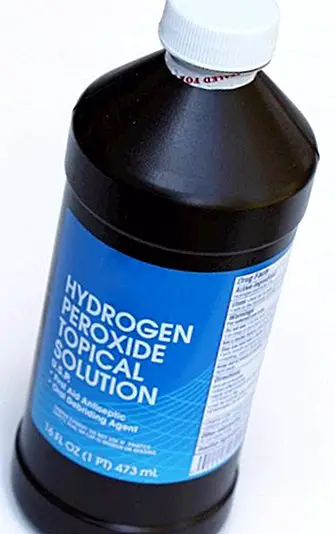Olive oil, virgin and extra virgin: differences
Following the complaint recently made by the Organization of Consumers and Users (OCU), that there are olive oil brands that deceive the consumer By selling olive oil as 'extra virgin' when in reality they are only and only 'extra', we want to analyze the differences between virgin olive oil and extra virgin olive oil, also popularly known as extra olive oil.
There is no doubt that one of the best gastronomic products in Spain is the olive oil, a characteristic and known product of the so-called Mediterranean diet, which is not only a food that from a nutritional point of view provides a great diversity of benefits and properties, but it becomes a real delicacy in many Spanish cuisines.

What is olive oil?
As you surely know, olive oil consists of a wonderful oil of vegetable origin, which is extracted from the fruit of the olive tree, commonly known by the names of olive or olive.
From very old this oil has been extracted using a mill, which exerts pressure on the fruit. If we take into account that about a third of the pulp of the olive is oil, it is normal that this extraction was made from approximately 4000 BC, when in the Fertile Crescent a mixture was made between an African and an oriental variety to produce a species with larger fruits, in order to extract its oil.
The extraction is made from olives or ripe olives, which have between 6 to 8 months, preferably at the end of the autumn, since it is the moment in which they contain the largest amount of oil.
For this, the olives are subjected to a first pressure in order to obtain their juice. Moreover, the subsequent processing is the one that best marks the quality of the oil, hence all the steps are followed with great care.
When we go to our usual supermarket it is true that we can find a total of four varieties of olive oils: olive oil, virgin olive oil, extra virgin olive oil and olive-pomace oil.

Differences between the different types of olive oils
Olive oil
It is a type of oil that is actually a mixture of refined olive oil (not exceeding 90%, which has not passed the relevant tests of taste, aroma and acidity) and virgin olive oil or extra virgin olive oil.
From an organoleptic and health point of view it is the olive oil of lower quality, since it does not have less vitamins and antioxidants.
Virgin olive oil
It is obtained directly from the olives by mechanical procedures. At the same time, suitable thermal conditions intervene in order that the oil is not altered.
For this, it is obtained from only four steps: washing, decanting, centrifugation and decanting.
As for its organoleptic properties, its acidity can rise to 2º, although from a nutritional point of view it does contain the antioxidants and vitamins that the olives provide.
Extra virgin olive oil
It is undoubtedly the best oil, since the organoleptic and nutritional properties of the olives remain completely intact.
That is why it provides a truly intense flavor and an unmistakable aroma. Regarding its degree of acidity, it must be less than or equal to 1º.

Why is extra olive oil better?
It is quite possible that in many moments you have heard or read that extra virgin olive oil is the best option when it comes to consuming olive oil. That's right. The reason is that It is a higher quality oil, not only in organoleptic properties (in terms of flavor and aroma), but also in nutritional benefits.
Its advantages are simply greater because it has a greater amount of oleic acid. In addition, it stands out for its flavor and aroma, practically negligible in the other types of olive oil.
It is also interesting if you use it regularly in frying, although it is true that it is not an option of adequate consumption, since it is able to resist better the high temperatures, being less prone to produce peroxides or to become rancid. This article is published for informational purposes only. You can not and should not replace the consultation with a Nutritionist. We advise you to consult your trusted Nutritionist. ThemesOil


